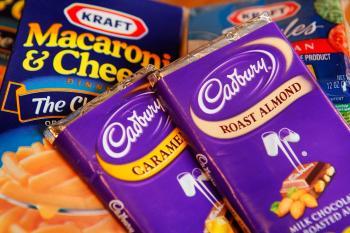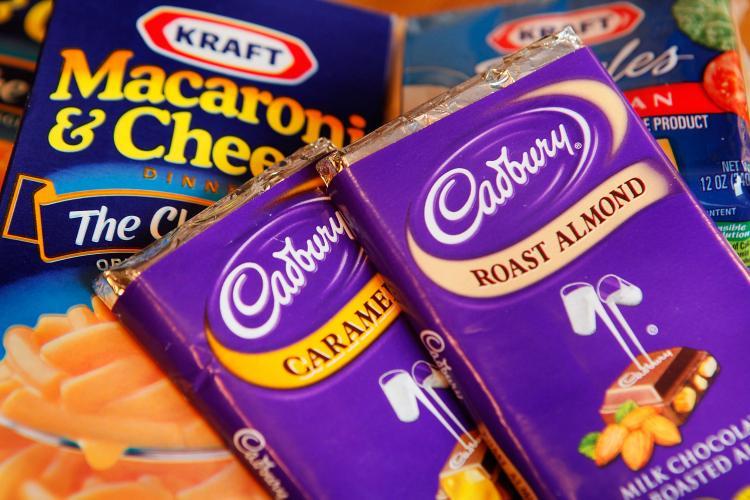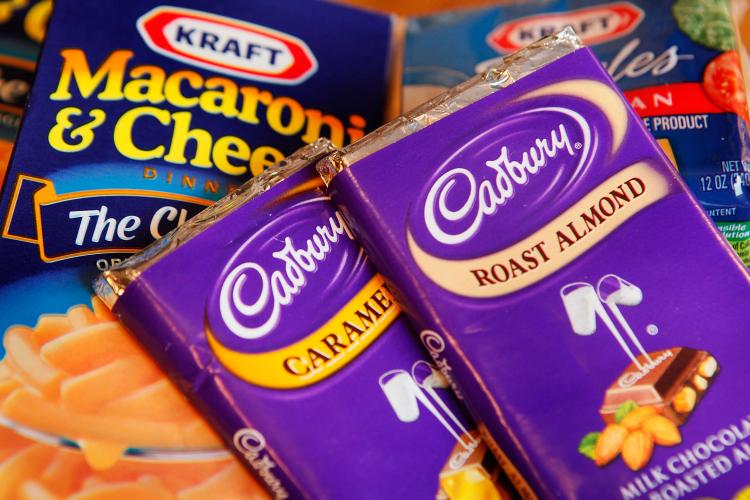With Kraft Foods Inc.’s 11.7 pounds (US$19 billion) deal to purchase British confectionery maker Cadbury Plc all but official, it’s time to take a look at reactions by different stakeholders and how the deal could impact British industry.
Last week, Pennsylvania-based Hershey Foods issued a statement that it would not pursue a rival bid for Cadbury. This clears the path for Kraft to finalize the deal with Cadbury shareholders and the British takeover panel responsible for approving the tie-up.
The combined company will become the world’s biggest chocolate maker, and the No. 2 gum producer after privately held Mars, which acquired Wrigley two years ago. Mars would also be the second largest chocolate producer, followed by Switzerland’s Nestle SA and Hershey.
Surprisingly, one of Kraft’s biggest shareholders—investor Warren Buffett of Berkshire Hathaway—has said that he does not approve of the merger.
In an interview with the Associated Press, Buffett said, “I think this deal is a mistake, and I think selling the pizza business was a mistake.” Buffett was referring to the fact that Kraft had to sell its pizza business for $3.7 billion to come up with the cash to buy Cadbury. He also felt that Kraft overpaid for the British company.
“In the case of Kraft, they’re paying an extremely full price and using an extremely undervalued stock,” Buffett said in the interview, referring to Kraft’s shares as undervalued.
Buffett stated that while he opposed the merger, he does not plan to sell his stake in Kraft.
What About Cadbury Employees?
Employees of Cadbury—especially its union Unite—are skeptical about the deal and believe that the first thing Kraft would do to integrate the two operations are job cuts.
Some politicians in the U.K. suggested that RBS—the banking giant partially owned by the U.K. government—should use its power as the company’s lender to block the deal.
But Observer columnist Andrew Clark believes that Cadbury stakeholders should embrace the deal, as Kraft is interested in the company for its growth opportunities.
“Kraft isn’t an asset-stripper,” Clark wrote in a column last week. “[Kraft CEO] Irene Rosenfeld and her colleagues want Cadbury because they like the confectioner’s brands and products—and they see potential to build Cadbury’s sales around the world.
“The plan is that Cadbury will be a growth engine for Kraft, lifting its annual rate of sales increase from 4 percent to 5 percent. To achieve that, Cadbury’s factories will have to produce more chocolate, gum and sweets,” he said.
As a part of Kraft, Cadbury would see its products reach more countries and more markets, including China and Russia, and could boost the fortunes of Cadbury, which was already in the process of cutting jobs.
Clark pointed out as an example the path of British small carmaker Mini, which has become an international icon after it was taken over by German automaker BMW. Mini benefited from BMW’s extensive dealership network in the United States and has become a more successful automaker than it ever was. Its production still remains in the U.K.
For what it’s worth, Kraft stated that it looked for adding jobs to Cadbury.
The Sunday Telegraph quoted a Michael Osanloo, Kraft’s vice president of strategy, as saying, “I would fully expect that once we can actually look at what is going on and have a more informed perspective that this should, down the road, increase manufacturing jobs in the U.K.”






